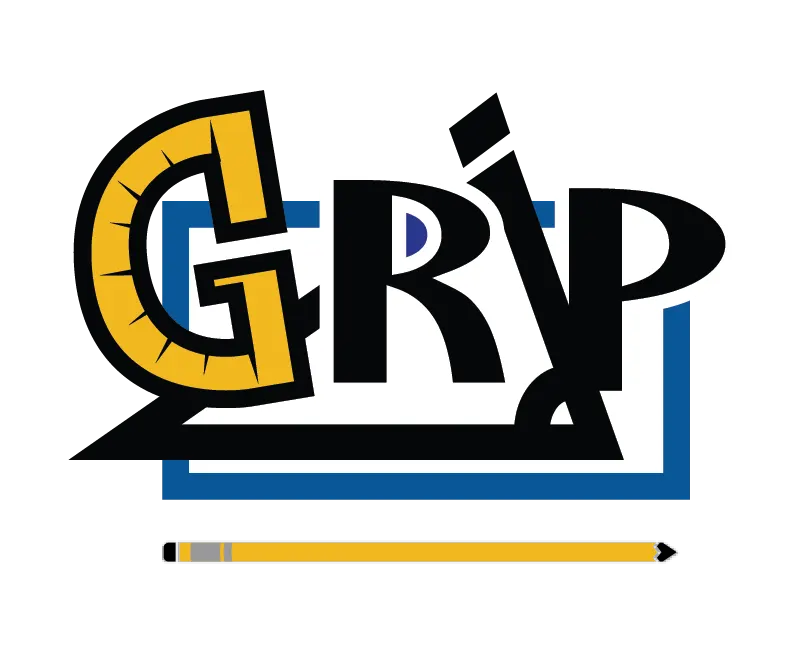By May 30, 2023, authors with accepted proposals should submit full chapters no longer than 8000 words in length (excluding references and figures). If applicable, please identify the GeT SLOs that best align with the chapter. The chapter should be submitted as a Word or PDF document. The file names should match the proposed chapter title. To submit your abstract, please upload your submissions to the following link:
https://umich.qualtrics.com/jfe/form/SV_3ykaiBmnNRiXASG
Chapters will undergo peer review, with no guarantee of acceptance. More details about the peer review will be released soon.
In our original communication to authors, we asked authors to provide both a blinded and unblinded copy of the manuscript. Since then, it has come to our attention that some of your submissions will be difficult to blind for a variety of reasons. Due to this, we have decided to allow authors to choose whether or not to blind their submission. There are, of course, benefits to a double-blind review in that it helps to reduce biases and ensures that the evaluation of the manuscript is based on its quality, rather than the reputation or status of the authors. It also ensures that reviewers are not influenced by their personal relationships or conflicts of interest with the authors.
If you choose to blind your submission, there are several ways to do that. For example, authors can blind their submission by masking their identity—removing any mentions of your institution and replacing their name with the word “author”. Alternatively, authors can blind their submission by rewriting any self-citations in the third person. Examples are provided in the table below.
| Unblind | Mask Authors’ Identity | Third Person Identity |
| In our evaluation of the Making Choices social skills training intervention, we found middle-elementary aged girls were more adept at processing nonverbal social cues than were boys in the same age range (Fraser, Day, & Galinksky, 2004) | In our evaluation of the Making Choices social skills training intervention, we found middle-elementary aged girls were more adept at processing nonverbal social cues than were boys in the same age range (Author, 2004). | In their evaluation of the Making Choices social skills training intervention, Fraser, Day, and Galinksky (2004) found middle-elementary aged girls were more adept at processing nonverbal social cues than were boys in the same age range. |
